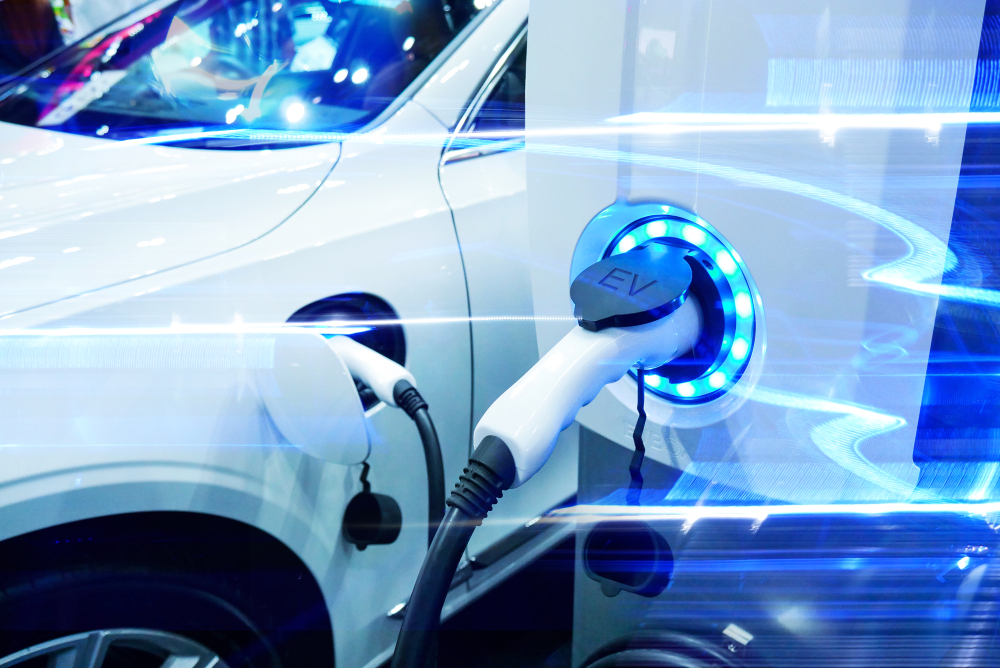New energy vehicles (NEVs) sales in China, the world’s largest automobile and electric vehicle (EV) market, slumped further for a fourth consecutive month in October, dropping 45.6% year-on-year to about 75,000 units, figures from China Association of Automobile Manufacturers released on Monday show.
At the same time, the country’s auto sales shrank for 16 months in a row in October, decreasing 4% from the same month last year, following declines of 5.2% in September and 6.9% in August.
For years, China’s electric automakers have been able to thrive with generous government subsidies, as Beijing ramps up efforts to cut down carbon emissions and pollution. But EV sales have contracted after the Chinese government announced in June that national subsidies for new energy vehicles (NEVs), which include EVs, along with other cars powered by renewable energy like hydrogen fuel and electric hybrids, will be phased out by the end of 2020. Subsidies were cut by over 50% the same month.
Consumers in China also hold back purchases on EVs partly due to safety incidents that took place in the industry during the past few months. Three of Nio’s flagship ES8 SUVs have caught fire in two months, prompting a voluntary and costly recall of nearly 5,000 vehicles. Other electric cars produced by BYD and Tesla also had burning accidents, cautioning safety issues among consumers.
Leading Chinese EV makers have already borne the brunt from the decline. Sales of BYD have been sliding since July, and the total shipments in September is 13,681, less than half of the number in the corresponding month in 2018. In return, BYD booked RMB 31.6 billion (USD 4.5 billion) in total revenue in the third quarter, down by 9.2% year-on-year.
Shanghai-based maker Nio also saw its loss widen quarter-on-quarter to RMB 3.3 billion (USD 478.6 million) in the three months ended June, an 83.1% year-on-year increase. The company has embarked on a series of cost-cutting plans including a layoff of more than 1,000 people.
New players are entering this market despite headwinds. Chinese property firm Evergrande Group announced on Tuesday that it will debut its first NEV model Hengchi 1 in the first half of 2020 and start mass production in 2021.
Its chairman Hui Ka-yan said at a conference on Tuesday that the company would invest a total amount of RMB 45 billion (USD 6.4 billion) in EVs for the next three years. The amounts of investments will be reduced from this year’s RMB 20 billion to RMB 15 billion next year, and will further shrink to RMB 10 billion in 2021.
Hui said Evergrande aims to make 1 million cars per year within the next five to ten years before expanding to 5 million units a year.
